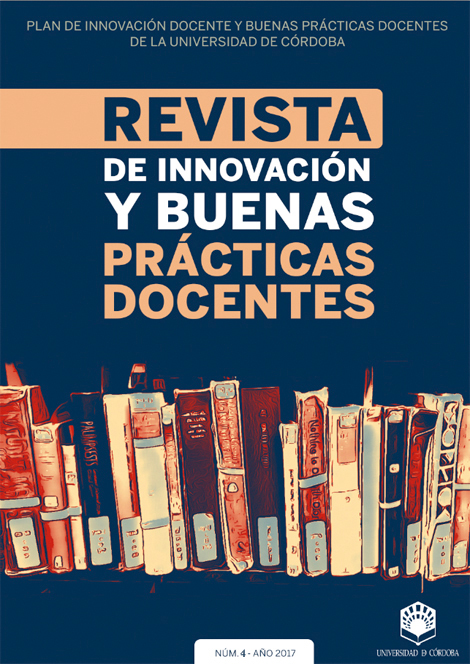ADEQUACY AND STUDY OF SKELETAL REMAINS IN FORENSIC ANTHROPOLOGY
Main Article Content
Abstract
Downloads
Article Details
Las obras que se publican en esta revista están sujetas a los siguientes términos:
1. UCOPress. Editorial Universidad de Córdoba conserva los derechos patrimoniales (copyright) de las obras publicadas, y favorece y permite la reutilización de las mismas bajo la licencia de uso indicada en el punto 2.
© UCOPress. Editorial Universidad de Córdoba
2. Las obras se publican en la edición electrónica de la revista bajo una licencia Creative Commons Reconocimiento-NoComercial-SinObraDerivada 4.0 España (texto legal). Se pueden copiar, usar, difundir, transmitir y exponer públicamente, siempre que: i) se cite la autoría y la fuente original de su publicación (revista, editorial y URL de la obra); ii) no se usen para fines comerciales; iii) se mencione la existencia y especificaciones de esta licencia de uso.
3. Condiciones de auto-archivo. Se autoriza a los autores a difundir el autoarchivo de los artículos en su versión post-print (versión editorial) , incluyendo un enlace a la página de la revista e indicando el modo de citación completo del trabajo.
Se declara además haber respetado los principios éticos de investigación y estar libre de cualquier conflicto de intereses.

